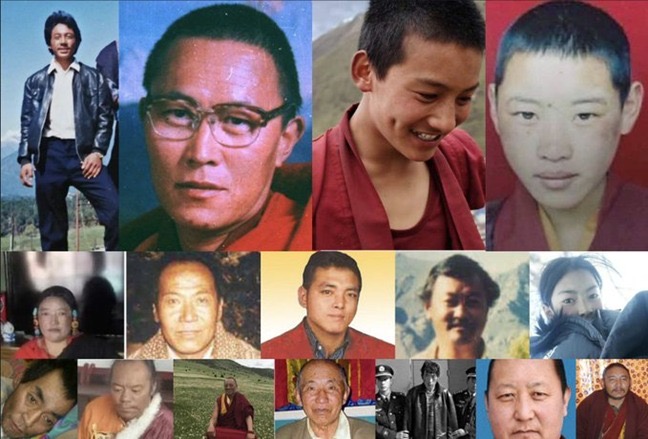The Human Rights Desk of the Central Tibetan Administration (CTA) released a powerful and sobering report titled “Torture Deaths of Tibetan Political Prisoners (2000–2025)”. The report documents the brutal deaths of Tibetan political prisoners under Chinese custody and includes names, stories, and patterns of systematic abuse.
The 2025 report identifies dozens of Tibetans who were tortured to death, denied medical treatment, or died shortly after release due to conditions sustained in prison. Among the victims are monks, nuns, writers, and ordinary citizens—many of whom were arrested for expressing loyalty to the Dalai Lama, resisting Chinese policies, or simply defending their Tibetan identity.
Notable cases include:
- Tenzin Nyima, a monk from Dza Wonpo Monastery, arrested for participating in peaceful protests in 2019. He died in January 2021 after being severely tortured and denied medical treatment.
- Jigme Gyatso, a former political prisoner and respected activist, passed away in July 2020 after years of suffering from untreated injuries sustained during imprisonment.
- Lobsang Tenzin, a young monk sentenced to death in 1988, died in prison in 2015. His death was never formally acknowledged by the Chinese government.
- Tashi Phuntsok, who died from untreated illness developed during his sentence in Drapchi Prison.
The report is organized into sections such as Beaten to Death, Denial of Medical Treatment, Died Post Prison Release, Illness from Prison, Execution, and Erasing Evidence. Many victims fall into multiple categories of suffering, underscoring the depth of China’s cruelty.
In one harrowing account, the family of Lobsang Yeshi was not even allowed to collect his body after his death in custody. Instead, authorities cremated his remains without consent, erasing evidence of abuse.
Despite signing the UN Convention Against Torture in 1988, the Chinese government has consistently violated its obligations. The report accuses Beijing of weaponizing its legal system to suppress peaceful dissent, treating calls for basic rights and cultural preservation as national security threats.
“Torture in Tibet is not an exception—it is policy,” states the CTA’s report. “The methods of physical, psychological, and medical abuse are deliberately used to break the spirit of Tibetan resistance.”
The CTA calls on the international community to raise its voice and apply pressure. “We must remember their names,” said the report’s author, Dawa Tsering, “and refuse to let their deaths be forgotten. Justice demands not silence, but action.”
Although access to Tibet remains tightly restricted, testimonies from former prisoners, families, and confidential sources inside Tibet continue to expose a deeply disturbing reality. The report is both a tribute to the fallen and a plea for justice—calling on human rights organizations, UN bodies, and democratic governments to hold China accountable.
As Tibetans inside Tibet mark the memory of these victims through quiet prayers and symbolic resistance, the report ensures that their suffering is not in vain. It serves as a record of truth in an era of censorship, and as a stark reminder of the urgent need for international intervention.





